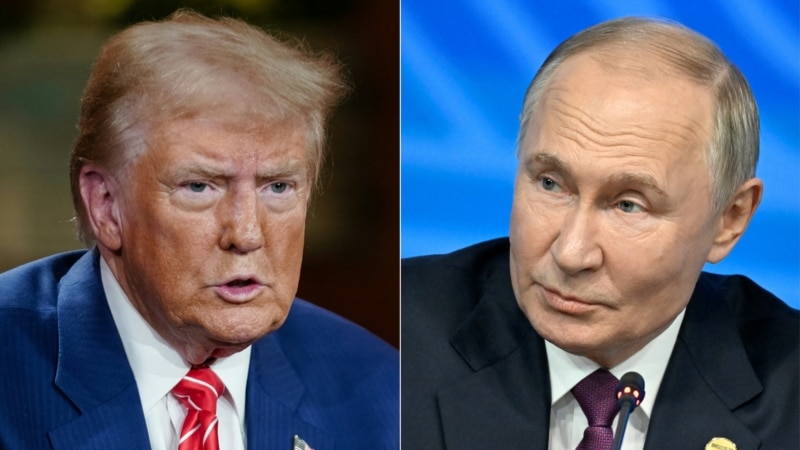
On Jan. 27, Andrey Isayev, a member of Russia’s State Duma (the lower house of parliament), accused U.S. President Donald Trump of trying to “rudely” force Russian President Vladimir Putin to start peace negotiations with Ukraine.
Speaking on the primetime show 60 Minutes on Rossia-1, the country’s most-watched state-owned TV channel, Isayev said Trump reminded Putin about the fate of Libya’s ex-dictator Muamar Qaddafi lynched by a mob after a rebellion overthrew him in 2011.
Instead of threatening Putin, Trump should remember the fate of U.S. President John F. Kennedy, Isayev said, adding that the incumbent American president already faced several assassination attempts.
“Trump threatened our president rather rudely, it must be said, pressuring to start the negotiations and reminding of Qaddafi’s fate.”
The claim is false.
The quote that Isayev attributed to Trump comes from a deepfake video created by Ukrainian bloggers and shared on the Russian messaging platform Telegram.
On Jan. 22, Trump urged Russia to end its full-scale invasion of Ukraine, warning of high tariffs, taxes and sanctions if a peace deal isn’t reached soon. In a Truth Social post, he called on Putin to “settle now” and stop the war, emphasizing that it would “only going to get worse.”
Trump stated that while he has always had a good relationship with Putin and admires the Russian people, he would have no choice but to impose economic penalties on Russian exports to the U.S. and allied nations if the war continues.
He insisted the war wouldn’t have started under his leadership and stressed the urgency of negotiations. Trump framed his warning as a “favor” to Russia, urging Putin to choose the “easy way” by making a deal to prevent further loss of lives.
On Jan. 23, the Ukrainian-language Telegram channel BAZA, whose full name — BAZA, ce Hʼyuston (Base, This is Houston) — published a video of Trump addressing Putin. The video was marked with the logo and banners of the state television channel Rossia-1, which allegedly broadcast it with Russian dubbing.
In the video Trump appears as saying:
“I do think Putin is a strong leader, and I respect that, but he plays bad games. And that always ends badly. We all remember the story of Saddam, Ceausescu, and, of course, Qaddafi … terrible death. I tell you, but that’s how it ends. So, Vladimir, let’s not let it come to that.”
The video went viral by Jan. 24, spilling over to other social media platforms and even news outlets.
BAZA’s marketing team then announced in the comment to the original post that the video is a deepfake generated with the use of artificial intelligence.
The goal of the campaign, they said, was to “demoralize” the “most active Russians,” and “we did a good job.” The channel’s description even includes a link to its website, whose main page declares “We make cool deepfakes.”
Later, two Ukrainian news sites, New Voice and Antikor, as well as a Georgian fact-checking outlet Myth Detector, also reported the Trump video address to Putin was deepfake.








